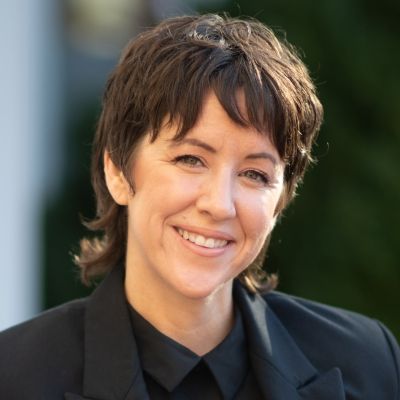This clinic works to stop the cycle of incarceration by assisting formerly incarcerated people with resolving the collateral consequences of arrests and convictions, and creating sustainable and effective reforms in their communities.
More than 13 million people cycle through jails and prisons every year in the United States. Upon release, there are over 45,000 laws regulating where people with arrest records and criminal convictions can live, where they can work, how they can engage in the financial sector, how they can associate with their friends and family, and what resources they can access. More than two-thirds will be reincarcerated within five years — meaning there are more people incarcerated for a second or subsequent term than for the first time.
The purpose of this clinic is for students to develop legal skills to promote effective and sustainable strategies to decarcerate their communities. To accomplish this, students explore how mass incarceration was created and how it is maintained; investigate how the criminal legal system produces and reproduces racial and economic inequality; interrogate how and why contact with the criminal legal system often leads to unemployment/underemployment, housing instability/homelessness, financial insecurity and re-incarceration; critically examine criminal justice reform efforts, examining “reform” and “progress” in the context of mass incarceration; and work with currently and formerly incarcerated leaders to reimagine public health and public safety.
In the clinic, students will have the opportunity to work directly with currently and formerly incarcerated clients on parole cases, resentencing cases and reentry legal services. Cases handled through the clinic often involve opportunities to appear in court, to appear in front of parole boards, to participate in community-based clinics, and to visit jails/prisons.
The clinic is yearlong, but for the Fall 2024 term only, students who previously took a semester-long version of the clinic may enroll in the advanced clinic. Students are strongly encouraged to take Criminal Adjudication or Criminal Procedure Survey, either prior to or concurrently with the fall semester of the clinic.
To be considered for this clinic, students must both rank the clinic in the clinic lottery and submit application materials within the timeline set by the Student Records Office. Students selected for the clinic through the clinic application/lottery process will be automatically enrolled prior to the regular course lottery.
The positions that the clinic takes on behalf of its clients are independent of the views of the University of Virginia or the School of Law.
Faculty
Kelly Orians
Assistant Professor of Law, General Faculty
Director, Decarceration and Community Reentry Clinic
Skills Taught
Impact advocacy, statutory and administrative policy analysis and advocacy, assessing legal and nonlegal regimes and solutions, legal research and analysis, case planning and issue spotting, oral and written advocacy, and developing strong client relationships and professionalism skills
Grading
S/U (fall); H/P/F (spring)
Course Credits
8, 3 for Advanced clinic Fall only
Application
Instructors
In the News
News About the Decarceration and Community Reentry Clinic
5.14.24 Students Teach Business Law Classes to Incarcerated
3.21.23 Decarceration Clinic's Busy Year Rebuilding Lives
7.19.22 Clinic Students Help Formerly Incarcerated Regain Civil Rights
1.10.21 A Plea for Forgiveness
11.10.21 Kelly Orians Joins Faculty as Director of New Decarceration Clinic
Recent Media Coverage
5.18.23 “Patrick Brown Is Free After 29 Years in Prison for a Crime Prosecutors Now Say He Didn’t Commit. His Fight Isn’t Over” (CNN)
5.10.23 “Man Walks Free After Spending 29 Years in Louisiana Prison for a Rape the Victim Insisted He Didn’t Commit” (NBC News)
5.10.23 “A Man Spent 29 Years in Prison for a Rape He Didn’t Commit. The Survivor Just Helped Free Him” (CNN)
5.8.23 “A Rape Survivor Told Law Enforcement Agencies They Had the Wrong Man for Decades. They Ignored Her.” (NOLA.com)
4.28.23 “Expungement Clinic Gives Arrestees Pathway Through Paperwork” (The Daily Progress)
4.13.23 “UVA Law Students Helping Formerly Incarcerated” (CBS19)
3.27.23 “UVA Law Students Looking for More Ways To Help the Formerly Incarcerated” (NBC29)

